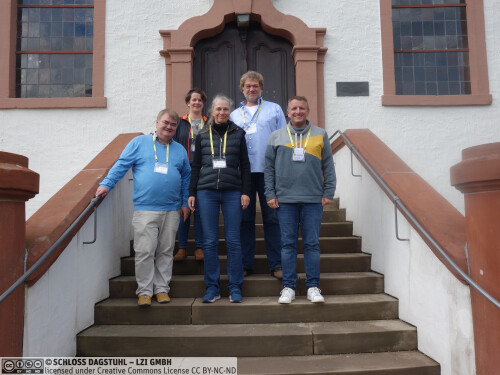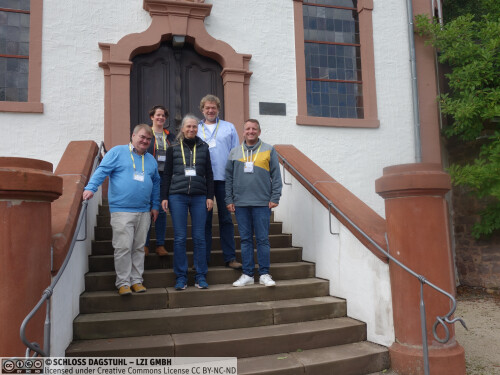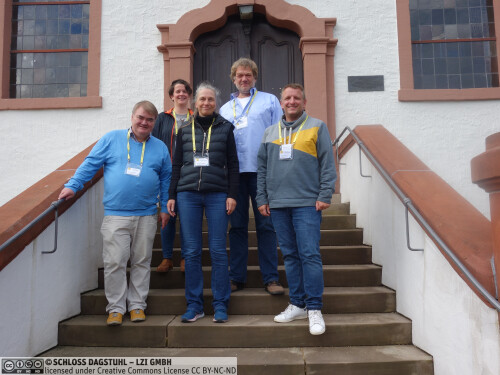Research Meeting 24403
MCO Book Project: Computational Methods for Multiobjective Optimization
( Oct 02 – Oct 04, 2024 )
Permalink
Organizers
- Kathrin Klamroth (Universität Wuppertal, DE)
- Boris Naujoks (TH Köln, DE)
Contact
- Heike Clemens (for administrative matters)
Multiobjective optimization is a thriving research field with many technical, economical, and also computational applications when, e.g., designing efficient training algorithms in machine learning. Based on the success of the Dagstuhl Seminar series on EMO and MCDM (Dagstuhl Seminars 04461, 06501, 09041, 12041, 15031, 18031, 20031 and 23361), and resulting from discussions during the last edition of this series, there is a strong need for a new and comprehensive text book on Computational Methods for Multiobjective Optimization that addresses both researchers and students, and that covers algorithmic as well as theoretical aspects in a balanced way. Indeed, the last textbook that is commonly used as the basis for lectures dates back to the year 2005.
We are an interdisciplinary team of researchers that combine rather theoretical (Klamroth, Ruzika) as well as rather computational backgrounds (Naujoks, Rudolph, Volz) and that have a history of successful collaborations. During this research meeting, we intend to draft the book and start the writing process that will then be continued on an individual basis and - ideally - finalized during another research stay at Schloss Dagstuhl in 2025.
 Kathrin Klamroth, Boris Naujoks, Günter Rudolph, Stefan Ruzika, and Vanessa Volz
Kathrin Klamroth, Boris Naujoks, Günter Rudolph, Stefan Ruzika, and Vanessa Volz




 Creative Commons BY 4.0
Creative Commons BY 4.0
